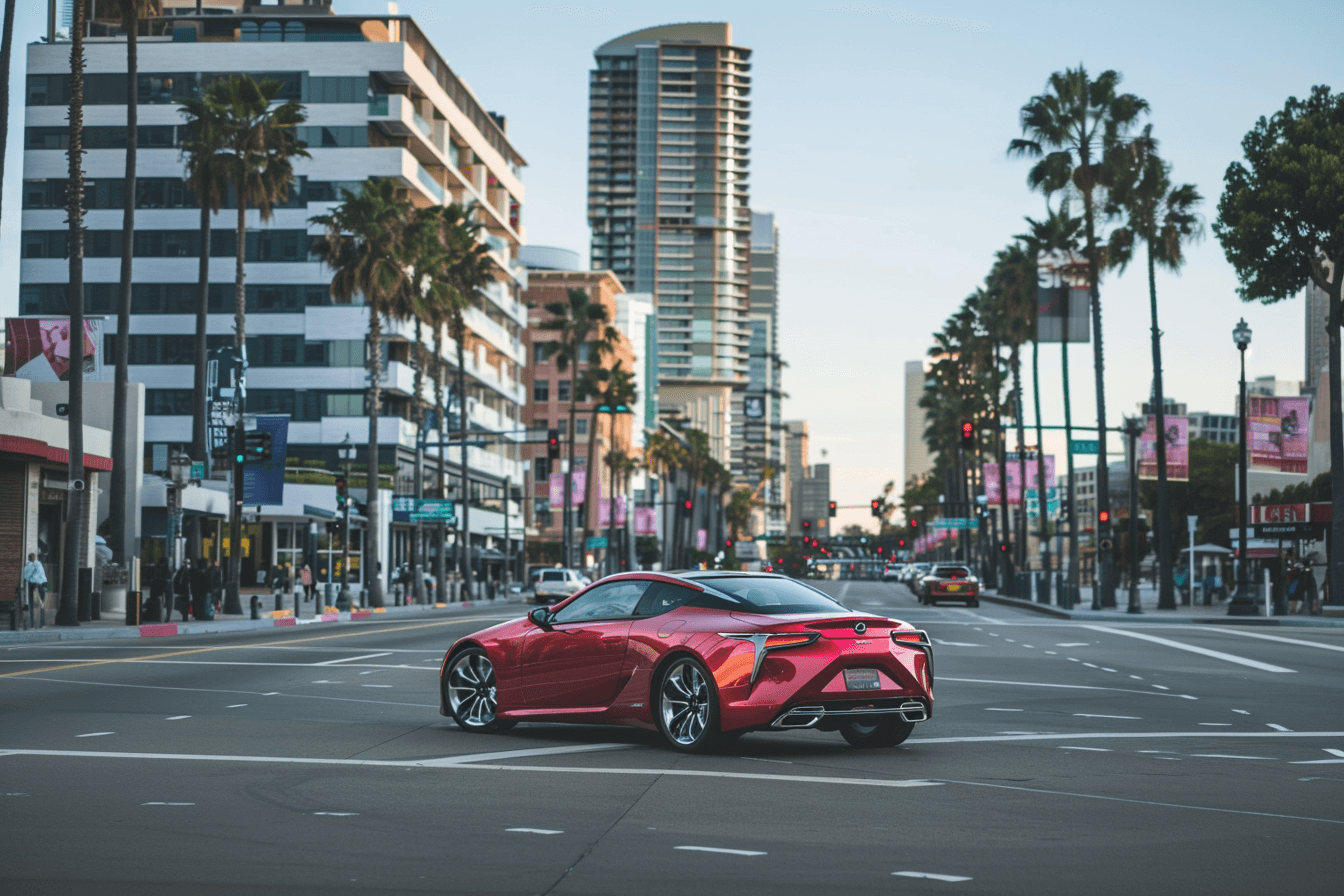Drive the Best Deal: Master Your Financing Options Before Car Buying
Written By
CarOracle Experts
Published
May 27, 2023
Master your financing options before car buying. Our guide helps you understand car loan funding, ensuring a confident car buying process.
Introduction
When it comes to buying a car, everyone loves the thrill of the test drive and the excitement of the purchase. But what often gets overlooked in the mix is the financing. If you're preparing to buy a car, it's just as important to understand the financing process as it is to know the horsepower or fuel economy of the car you're buying. Here's how to master your financing options before buying a car.
Before you even set foot in a dealership, do your homework. Understanding the ins and outs of car financing can save you time, money, and unnecessary stress. Understanding your credit score, getting pre-approved for a loan, and shopping around for the best rates can all put you in a stronger position when it's time to negotiate your car deal.
Credit Score Matters
Your credit score is a factor in determining the interest rate you'll be offered for your car loan. The higher your credit score, the lower your interest rate could be. Be sure to check your credit score before starting the car buying process. This allows you to rectify any errors and gives you an idea of what type of interest rate you can expect.
Pre-Approval Puts You in the Driver's Seat
Getting pre-approved for a loan allows you to understand how much car you can qualify for and afford before you start shopping. Don't just assume what your loan amounts and payment will be, as lenders look at a lot of factors and credit score is just one component. Debt to income, loan to (vehicle) value, and the depth of your credit file all can make a difference. So getting pre-approved to understand the amount lenders will allow you to borrow and the respective terms of those loan offers are helpful to you.
Shop Around for the Best Interest Rates & Terms
Don't simply go with the first loan offer you receive. Take the time to shop around and compare interest rates and term from different lenders. Credit unions often have competitive rates and are worth checking out. In addition, online auto loan services can provide multiple loan offers and help you find the best rate.
Finally, it is quite possible that the dealership's finance department can find a lender with better rate than what you have been able to find on your own. Use the competitive marketplace for loans to your advantage. Remember, the goal is to secure a loan with the best terms possible, not simply get approved for a loan.
Keep Tabs After the Purchase
It's easy to think that once you've got the keys to your new car, the financing part of the process is all wrapped up. However, that's not always the case. Sometimes, the final checks and balances on your loan aren't completed until the loan money is officially sent over, or 'funded'.
So, even if you're already driving your car, that doesn't necessarily mean your loan has been finalized. Most of the time, there aren't any issues, but there can be occasions where your lender might need additional information or verifications. It could also be that the price you paid for the car doesn't quite align with the value the lender placed on it, also known as the Loan-to-Value ratio (LTV).
That's why it's essential to keep track of the status of your loan, even after you've bought the car. Making sure your loan is properly funded means you've ticked all the boxes and completed the car buying process.
Conclusion
Buying a car is a major purchase and it's important to be fully prepared. By understanding your credit score, getting pre-approved, shopping around for the best rates, and keeping track of the loan process even after you've taken possession of the car, you can ensure a smoother and more financially beneficial car buying experience. Remember, "know before you go" and you'll be in the best position to drive off with a great deal.














